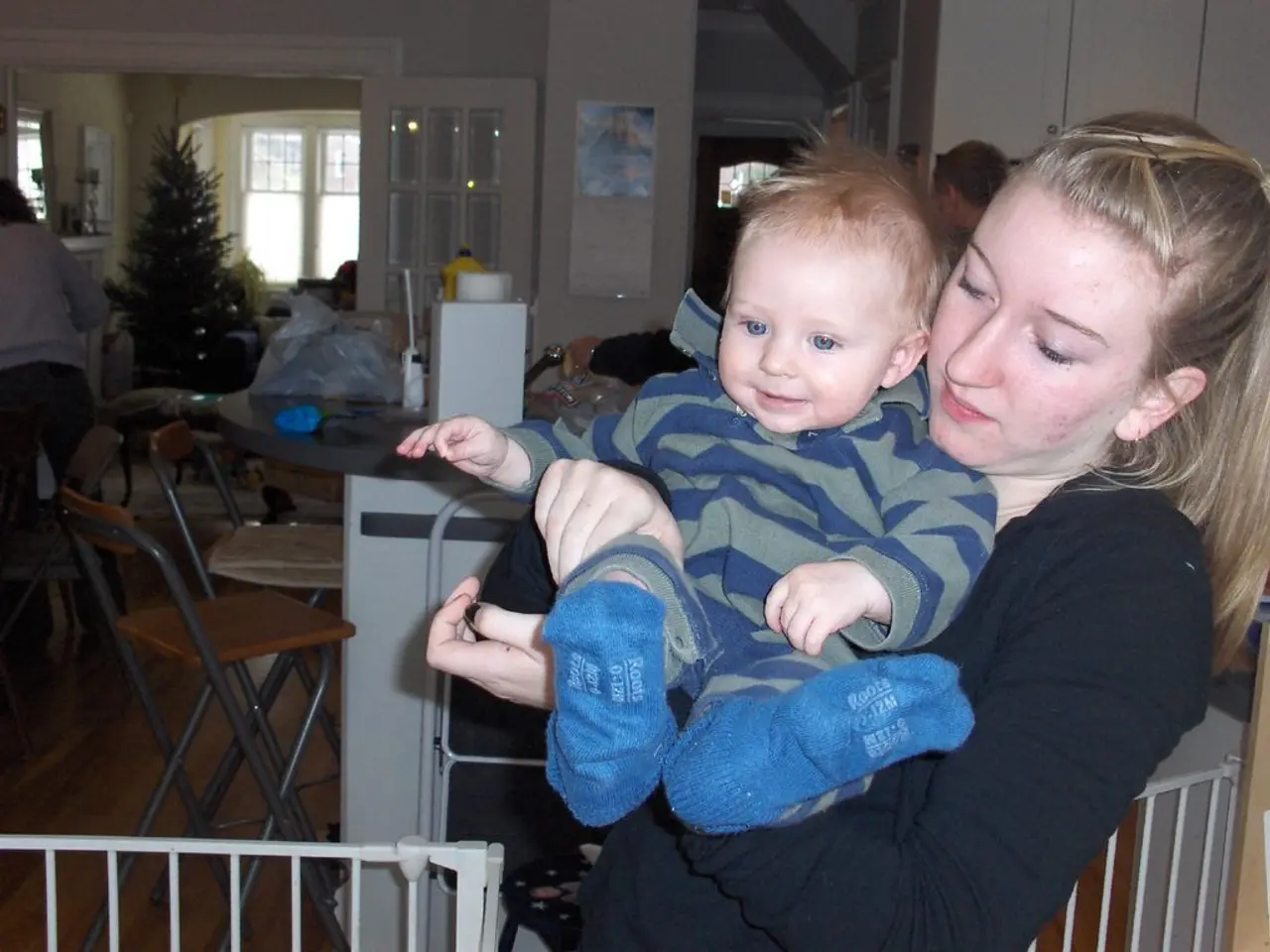Insights on the Transition in Caregiving Duties and Respective Roles
In a recent study, instances of parentification, or the role reversal between parents and children, have been observed. This dynamic, where children take on caregiving duties for their parents or elderly family members, can significantly impact family dynamics and have lasting effects on the child's psychological well-being.
Parentification places children in roles that blur normal parent-child boundaries. As caregivers or emotional regulators, they often prioritize others' needs over their own, developing a pattern of people-pleasing and self-neglect. This reversal can cause children to struggle with setting healthy boundaries, feel responsible for others’ feelings, and have difficulty saying no in future relationships.
Psychologically, parentified children may experience chronic anxiety from constantly monitoring family needs, low self-worth tied to their caregiving role, guilt when unable to manage family emotions, and emotional burnout or depression. They may also grow into adults exhibiting hyper-independence, feeling the burden that "if I don't do it, nobody will," which complicates sharing or delegating care responsibilities.
In elderly caregiving specifically, these dynamics can exacerbate stress and erode familial trust. Enmeshment may occur, leading to emotional exhaustion and resentment, sometimes contributing to estrangement or decisions to go no-contact with parents to preserve mental health. Parentified individuals may unconsciously recreate such patterns in their own adult relationships, perpetuating cycles of emotional caregiving or co-dependency.
The study emphasizes the importance of empathy in caregiving situations, advising against browbeating, bossing around, or giving orders to the elderly parent. The caregiver should aim to fill the emotional void experienced by the elderly parent, not treat them as a child or feel the need to take control by force.
This role reversal often occurs voluntarily by the adult child, but can also be forced by the parent through manipulation or guilt-tripping. It's important to note that parentification is common in families with an elderly person with a medical condition such as Dementia, or a mentally ill elderly parent. Adult children may be obliged to provide care even to healthy seniors at a late age.
The natural development of the adult child can be hindered as they spend most of their time caring for their loved one, potentially leading to discontent. Role reversal can be likened to a child telling parents what to do in a game, acting as if they are the boss. In some cases, both parents may suffer from mental health problems.
Overall, parentification in caregiving for the elderly reshapes family roles, often detrimentally affecting children's psychological well-being and familial relationships. It underscores the importance of support systems and healthy boundary-setting within families handling eldercare.
- In the realm of health-and-wellness, understanding the mental health consequences of parentification in caregiving can help families implement strategies for setting healthy boundaries.
- The home-and-garden environment can contribute to parentification when an elderly parent with dementia requires increased care, making it essential to prioritize mental health and family dynamics.
- The science of parenting suggests that parentified children may struggle with balancing their own needs with those of their elderly family members, affecting their lifestyle and relationships in the future.
- Implementing health-and-wellness practices, such as stress management and self-care, can promote resilience for adult children facing the role reversal of caregiving for elderly family members with mental health challenges.




